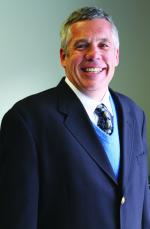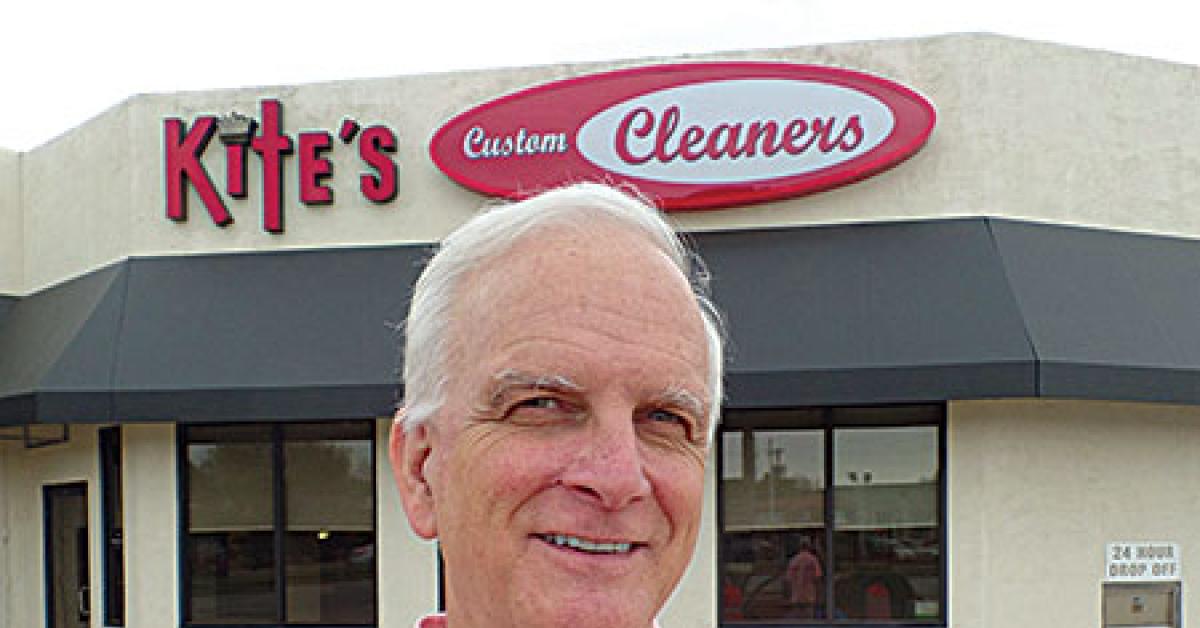CHICAGO — Zach Kinzer, general manager of Bridgestone Cleaners in Brooklyn, N.Y., remembers the day the man came in.
“A really slick guy came in trying to sell one thing or another and said something which stuck: ‘If you have one, you have none.’ In dry cleaning, I am not sure there is a better lesson to learn. If you don’t learn by actively implementing redundancy, the industry will teach you one way or another down the line.”
Since starting with his dad, Ken, in late 2008 (the father has been in the business since 1982), Kinzer says they’ve experienced many situations in which plant redundancy, or lack thereof, has either been a godsend or a lesson learned.
“Traps, supplies, machines,” he points out, “if you have these things, you certainly can be helped by having two.
“Now it’s obvious not all operators have this luxury. A drycleaning machine is not something you go and buy at The Home Depot. For that situation, I would say you need to build redundancy through an active plan.”
If his machine goes down, Kinzer explains, he has a relationship with “Mr. Smith” — what he calls a buddy in the business — who can help in a pinch.
“We currently operate with two drycleaning (machines) and two wetcleaning machines,” Kinzer says. “We once had to use only one drycleaning machine for over a year due to mechanical issues. We learned how to become more efficient and felt blessed once the other was back up and running.”
“Backup equipment seems like a waste of money until you need it,” says Gary Kite, who owns Kite’s Custom Cleaners in Fort Worth, Texas. “And when you need it and don’t have it, you quickly find out that it’s not such a waste of money.”
Kite is a second-generation owner and operator. His dad, Sam Kite, started the business in 1958. Kite’s Custom Cleaners serves what he calls higher-net-worth households, offering, “the usual services in addition to a rug cleaning division, an Association of Wedding Gown [Specialists] affiliation, and delivery routes,” he says.
“We have had instances where our main air compressor has been down for some reason and we’ve had to rely on our old air compressor, which remains hooked up and ready to go at a moment’s notice. We do have a second shirt unit that is used every day, but we can get by with one in a pinch,” Kite adds.
His plant has multiple finishing stations for all drycleaning and laundry jobs so finishers are always able to move to an operable station. But it does not have a backup boiler: “The cost of another boiler, plus the room needed to house it, would be impractical at this time.”
Lack of backup equipment can present challenges, he says.
“Our point of sale (POS) system is totally hosted, which means when the Internet goes down, everything goes down. We used to have a second Internet protocol (IP) service as a backup, but lost it a couple of years ago.
“Also, we use auto-assembly,” he says. “When it goes down, our whole assembly is pretty much shut down. Trying to assemble with only bar codes and no auto-assembly can be very disruptive.”
Kite believes that having backups for key production equipment is vital to being able to provide on-time service that customers expect.
“Nearly all of our business is two-day turnaround,” he says. “Equipment breakdowns only back us up shortly. Most often, any machine can be repaired and put back into service within a day. It seems there is always some piece of machinery that needs some sort of maintenance.”
Check back Thursday for the conclusion.
Have a question or comment? E-mail our editor Dave Davis at [email protected].


